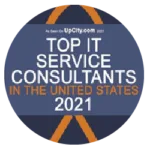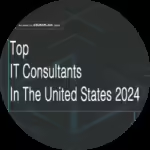As the rest of us, scammers too, love travel season. They know your eyes are peeled for a cheap plane ticket and have devised convincing ways to scam you.
Tricked consumers have spent months of their lives dealing with the consequences of these scams and lost thousands of dollars in the process.
In a recent plague of travel scams, criminals are pretending to be “travel agents” selling plane tickets.
How Airline Ticket Scams Work
There are a handful of tactics travel scammers use to steal your information.
- Scammers create fake websites, pose as travel agents, and send you “confirmation” e-mails that don’t include an airline ticket.
- Some call your phone to “confirm your information” for a flight, asking for your credit card, bank, or personal information.
- Or they use social media ads or e-mails advertising free or cheap tickets.
These are all major red flags to watch out for. Before clicking or booking anything, pay attention to these travel tips to avoid getting scammed out of thousands of dollars of your hard-earned vacation savings.
Here’s How To Avoid Travel Scams
- Always verify that an agent or agency is legit. In the US and Canada, you can use the Better Business Bureau (BBB) or travel associations like the International Air Transport Association to verify agent credentials.
- Read customer reviews and look for weird grammar errors in e-mails and on websites.
- Check the website URL for letters that may look similar. For example, delta.com can also be spoofed as de1ta.com or even deIta.com (capital i).
- Use a password manager to effectively help prevent airline ticket scams,, because the website address will not match.
- The BBB recommends booking directly through hotels or airlines.
- Check for a ticket confirmation number. If you don’t get a ticket number with your confirmation e-mail, a scammer may have reserved you a seat instead and stolen your money.
- Watch out for online deals. Scammers use fake e-mails and ads to boast amazing deals on hotels or flights. If you think they are too good to be true, they are.
- Be skeptical of “confirmation calls.” If you get a follow-up call from an agent to verify your personal information, it’s probably a scam.
Stay informed, pay attention and implement these practical tips for your next adventure. Safe travels! Be sure to check out another post on social media scams.










